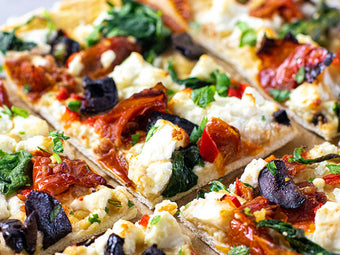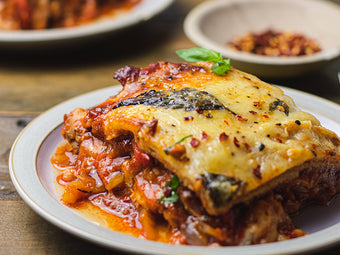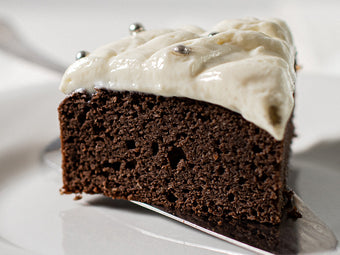9 Easy Ways To Reduce Food Waste
Simple Tips To Reduce Food Waste At Home
Problems surrounding food waste and food packaging are complicated and rarely have easy, long term solutions. However, there are little changes we can make in our daily habits that can contribute towards more sustainable living and ultimately reduced food waste. According to WRAP’s recent figures, 1.3 billion tonnes of food is wasted globally every year, with 25-30% of all food produced being wasted. Even small changes in our behaviour can help reduce our own personal food waste. From trying not to over-buy ingredients, to planning out your weekly meals, to learning about correct food storage - check out our easy tips for reducing food waste below.

1. Don’t overbuy food
WRAP suggests taking a ‘shelfie’ before heading to the shop or supermarket so you can keep track of what you’ve already got in.
2. Check "use-by" dates for fresh food rather than "sell-by"
Sell-by dates aren’t a legal requirement whereas use-by dates are there to inform when the fresh food is likely to go off.
3. Plan ahead
Planning meals for your week will help organise your shopping list to prevent you from buying too much unnecessary food. It also stops you feeling uninspired during the week when you can’t think of what to cook!

4. Your freezer is your best friend
Weekends are a great opportunity to get ahead of the game. Check out our best batch-cooking recipes that your freezer is crying out for.
5. Learn correct food storage for ingredients
There are a number of storage guides for fruit and vegetables to keep them as fresh as possible. Another way to ensure freshness is to chop up and freeze in containers to be used at a later date.
6. If in doubt, blend it
Smoothies and soups are a great way of packing loads of nutrients into a meal and are a great way of using up otherwise wasted ingredients. Try adding in overripe bananas, kale and broccoli stems and even vegetable peels.

7. Keep your leftovers
Storing your leftovers from the night before in a glass or metal container in the fridge will help keep them fresh and provide you with a quick, easy and nutritious lunch. Check out our best recipes for your leftovers here.
8. Look out for ‘wonky produce’
Up to 20-40% of fruit and vegetables are wasted before they even leave the farm due to them being misshapen or oddly sized. Look out for ‘wonky’ produce in supermarkets - these taste just as good and will often be cheaper too.
9. Know your “before before” and “use-by” dates
Food can sometimes still be fine to eat after its “best before” date, but it’s the “use-by” date that tells you when the food is no longer safe to eat.
Long shelf life ingredients
As well as fresh food, long shelf life ingredients help reduce the percentage of food that is spoiled from going off. Tinned tomatoes and beans are always good to have in the cupboard, as they are versatile and can be used in loads of different recipes. Our Original Lo-Dough Bases share the same properties. They have a 6 month shelf life unopened and can also be frozen as the bases themselves or as finished meals like lasagne, enchiladas and even pizza.










